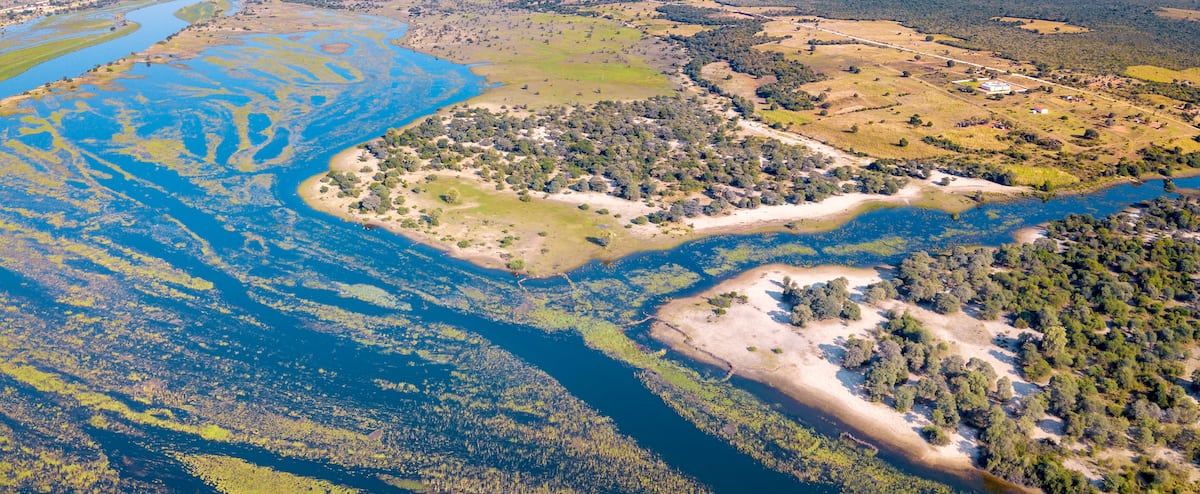When a Canadian company does shit overseas, Canada’s image takes a big hit. Quebec, a Canadian “province”, inevitably suffers from regression.
When I see some Canadian companies go to African lands, for the benefit of Canada or at its expense, I wonder what Quebec is waiting for to assert its own leadership in this continent.
Was when reading an article from Daily MaverickA daily newspaper in South Africa sent to me by my friend Jay Naidoo (Former Minister in the Nelson Mandela Cabinet) in which I learned about the latest environmental scandal in Africa.
Environmental genocide in perspective
Shielded from the noise of the coronavirus pandemic, a scandalous disaster looms in South Africa, in the Okavango Delta. Digging deep into rocks beneath the Kalahari in northern Namibia and Botswana, in search of an oil reservoir.
This area is one of the most expensive ecosystems in Africa. It is a unique sanctuary for large mammals, listed as a World Heritage Site. It is also the ultimate refuge for the Tongue (formerly known as the Bushmen).
In defiance of the environment, humans, wildlife and conflict, ReconAfrica, a Canadian petroleum company, recently began its extensive exploration by fracking in this environmentally sensitive basin in Kavango and Okavango.
According to estimates, between 99 and 120 billion barrels of oil will be produced from this basin.
Sham
Like other companies with a neocolonial approach, this oil company is not in Africa to contribute to its sustainable development. Nor is it based on a firm commitment to defend human rights. And even less to help meet the challenges of improving this continent’s ability to adapt to climate change.
It shows a lack of values of solidarity, fair cooperation, ethics, social and environmental responsibility. Values we share in Quebec. This makes them ineligible for the “new” Africa.
Quebec in Africa
Relations between Quebec and various African countries, especially French-speaking countries, date back to the 1960s.
Quebecers effectively embody values and perspectives that are consistent with the expectations of this changing Africa. This Africa, which today has a population of 1.216 billion people, 60% of whom are young people under the age of 25.
The culture that defines Quebec makes them eligible for a very favorable openness in Africa. They are eligible for harmonious cooperation in their economic development, as well as their emergence in the context of climate change.
Hence, Quebec must take its place. His voice and voice should shine with more power and resonance in Africa.
Its specificity, sensitivity, culture and multiple experiences in environmental issues, in particular, deserve to be better known and recognized in Africa.

“Alcohol scholar. Twitter lover. Zombieaholic. Hipster-friendly coffee fanatic.”


